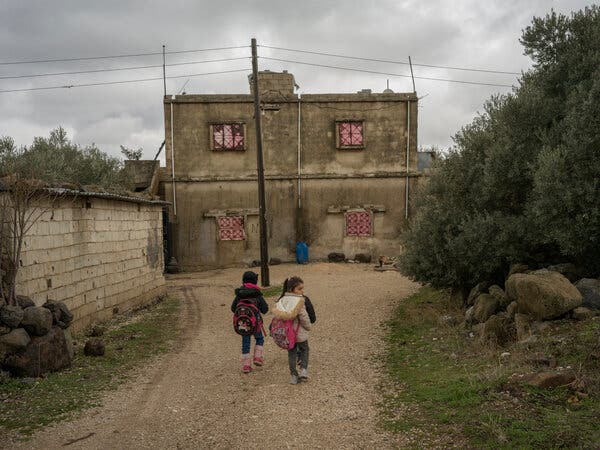Branches of Al-Qard al-Hasan, which functions as Hezbollah’s de facto banking arm but also operates as an alternative bank for Lebanese, were targeted around Beirut and across the country’s south and east.

The Israeli military conducted a wave of airstrikes across Lebanon on Sunday, targeting branches of Al-Qard al-Hasan, a financial association associated with the militant group Hezbollah.
The organization was placed under U.S. sanctions in 2007 and has been accused by American, Israeli, Saudi Arabian and other officials of operating as Hezbollah’s de facto banking arm. Inside Lebanon, where Hezbollah also functions as a political organization and provides a range of social services, Al-Qard al-Hasan is designated a non-governmental organization and is viewed as a Hezbollah-affiliated charity.
It operates as a lender and financial services provider for civilians in many areas of Lebanon, where the traditional banking sector is in shambles. Many of its branches are situated on the ground floors of residential buildings, and it is deeply embedded in the Shiite Muslim communities it serves.
On social media on Sunday night, Avichay Adraee, the Arabic spokesman for the Israeli military, warned residents of Lebanon to evacuate buildings near the infrastructure of Al-Qard al-Hasan around Beirut and across southern and eastern Lebanon, saying that the organization “is involved in financing the terrorist activities of the Hezbollah organization against Israel.”
Soon after, the sounds of explosions could be heard ringing across Beirut, the Lebanese capital. A New York Times reporter saw dense plumes of black smoke rising in the near distance after the strikes.
The strikes marked an apparent escalation of Israel’s war against Hezbollah, with a senior Israel intelligence official saying the targeting of the banking system — rather than weapons depots or command and intelligence centers — was intended to disrupt Hezbollah’s day-to-day operations, undermine its support in Lebanese communities and hamper its ability to rebuild.



